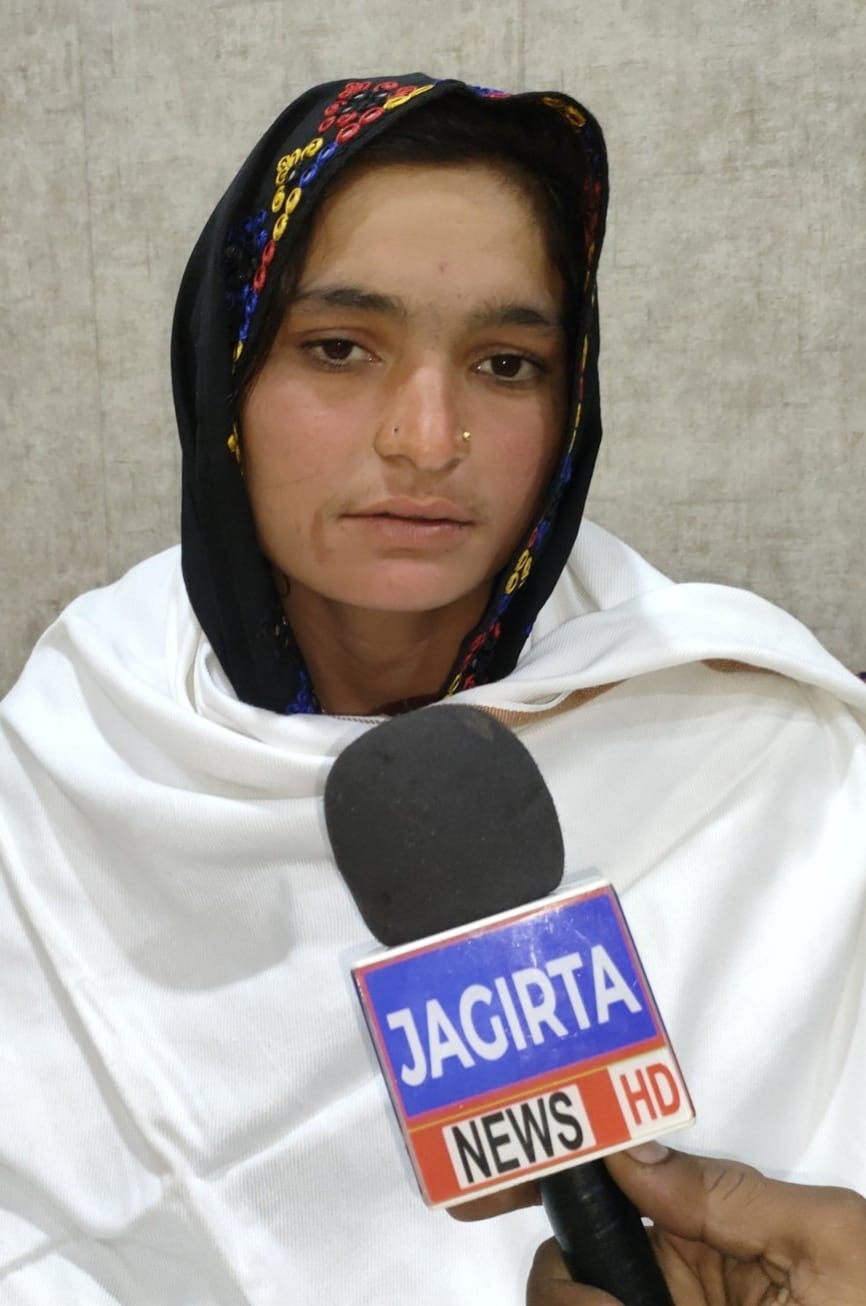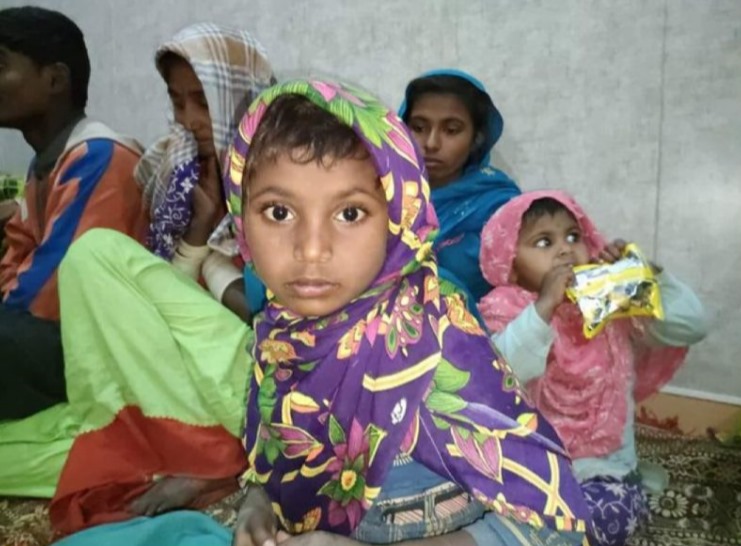19 Dec, 2024. Dharki, Sindh — The story of a 19-year-old Hindu woman from Bakshapur, Kashmore, Sindh. has once again highlighted the controversial issue of forced conversions in Sindh. According to reports, the young woman recently converted to Islam at the residence of Pir Mian Javed Ahmed Qadri of Bharchondi Sharif.
The woman, originally named Ashan and now given the Islamic name Ghulam Ayesha, claims she embraced Islam willingly, inspired by its teachings. She recited Islamic verses as part of her conversion ceremony.
However, her family tells a different story, alleging that she was coerced. They insist her conversion was not an act of free will but the result of mounting pressure—a scenario all too familiar in Sindh, where many Hindu girls face abductions and societal intimidation.
The Larger Context
Sindh, home to a significant Hindu minority, has become a hotbed for reports of forced conversions. Poor Hindu families, already marginalized and vulnerable, frequently allege that their daughters are abducted, pressured, or manipulated into converting to Islam. Once converted, these young women often appear in media or public statements claiming the conversion was voluntary—a claim their families say is made under duress.
The Bharchondi Sharif Dargah has been at the center of such cases for years. While religious leaders there maintain that conversions are acts of free will, rights groups and minority advocates argue otherwise.
A Call for Justice
Pakistan’s legal system offers little protection for minorities, critics say. Laws against forced conversions are poorly enforced, and victims often lack the resources or influence to seek justice. Meanwhile, international organizations and the United Nations have largely remained silent, despite widespread calls to address the issue.
The Need for Change
This recurring pattern raises critical questions about human rights, religious freedom, and minority protections in Pakistan. Until comprehensive legal reforms and societal shifts take place, stories like that of Ashan—now Ghulam Ayesha—will continue to haunt Sindh’s Hindu minority.
It’s time for the world to stop watching and start strickly act.

For more updates and detailed coverage of this case and other issues affecting the Hindu and Sindhi communities in Sindh, Pakistan, stay tuned to Sindh Renaissance.






